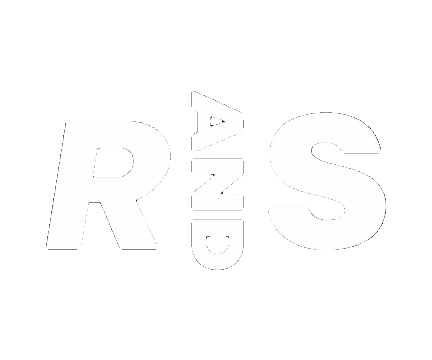3 minute read
Graham Annesley has admitted the NRL was wrong to deny Penrith a preliminary-final try against Cronulla, in a bid to clear up confusion on concussions.
The NRL has launched a desperate bid to clear confusion on obstructions before the grand final, conceding Penrith winger Sunia Turuva's second-half try in Saturday's preliminary final win over Cronulla should not have been denied.
Two days after Ivan Cleary lambasted the NRL and bunker officials over a "terrible" decision, NRL head of football Graham Annesley attempted to put the Panthers and Melbourne at ease.
The NRL's head of football conceded while Penrith's Luke Garner collided with Cronulla's Siosifa Talakai in the lead up to Turuva's try, it had no bearing on Cronulla's attempts to stop the four-pointer.
Annesley also admitted Talakai had likely initiated the contact, and that a number of factors should have allowed the play to be clear.
"In my view the bunker has misjudged this and I think the try should have been upheld," Annesley said.
"Although there is contact, there is very little chance that if that contact hadn't taken place Talakai would have got there to prevent the try being scored.
"It's multiple factors that I think in this case should have resulted in the try being confirmed.
"But this is over, this decision has been made. It can't be changed. I am trying to indicate what the bunker officials should be looking at."
Annesley spent the majority of his Monday media briefing explaining the obstruction rule, key indicators and examples of good and bad lead runners.
But after Cleary claimed he had "anxiety" over how obstruction calls could impact the grand final, Annesley had a simple warning for lead runners: avoid contact with defenders and there won't be an issue.
"I'm anxious whenever there is contact between lead runners and defenders," Annesley said.
"I'd prefer that every team is able to execute (plays) like we saw in the earlier examples because then the referees don't even get involved and the bunker doesn't get involved.
"That's in the perfect world, and our game's not perfect. There will be contact, and when there is, someone will sit in judgement of that contact.
"We'd like to think that even when there is contact, the factors involved in that contact will be so clear cut that no one will disagree with the nature of that contact."
Annesley said the decision would be one of several matters considered in the selection of officials for Sunday's decider between Melbourne and Penrith.
It comes after Cleary indicated in his post-match press conference he'd have concerns if bunker official Chris Butler was again in the post on grand final day.
"We've got a very detailed process that we go through when it goes to the appointment of referees," Annesley said.
"That goes through various levels of the organisation from the referees coaching staff, through me as the head of football, through Andrew Abdo as the CEO.
"There's a lot of focus on data and decision making, but it's not just about decision making.
"It's about the flow of the game, compliance of the rules and a whole range of factors that are taken into consideration."





